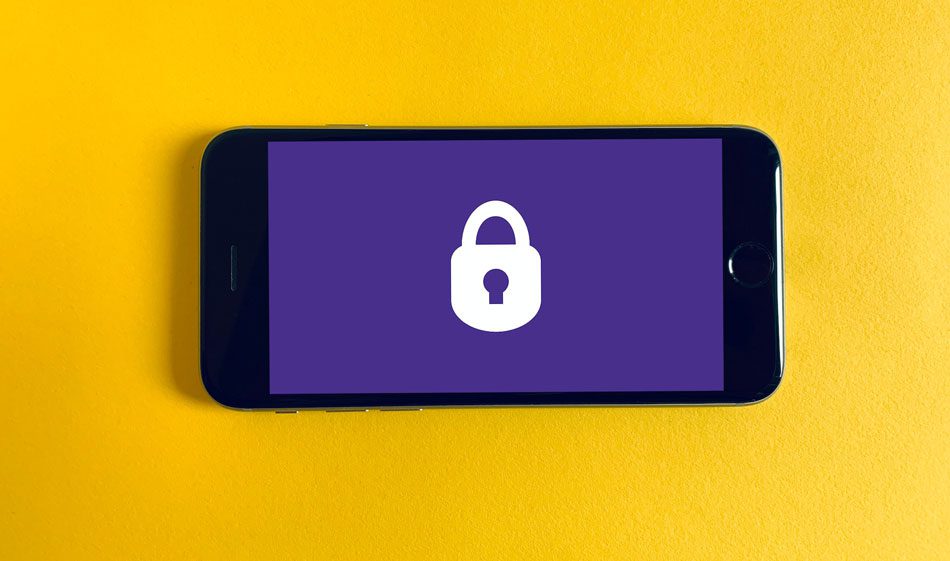The goal of all scammers is to trap you into revealing your personal and sensitive information containing your name, bank account details, credit card numbers, Social Security Number, etc, that they can steal and use against you for their own gains in the future. Scams are ubiquitous these days, and scammers have spared no industry. The latest doing the rounds in the crypto world is the Coinbase Phishing Scam.
Coinbase is a popular digital currency exchange platform that allows users to buy and sell Bitcoin, Ethereum, and other Altcoins. Scammers have invaded the crypto space as well. In this post, we will tell you what the Coinbase Phishing Scam is, how to protect yourself from scammers, and how to report the scam to the concerned authorities. Read on.
What is the Coinbase Phishing Scam? How Does it Work?

Scammers use spoofing techniques to create a website that is a replica of Coinbase. They will then send fake emails that will appear to be from Coinbase. Unsuspecting individuals will be prompted to provide their login credentials and personal information assuming that they have been approached by an authentic member from Coinbase. This type of online fraud is aimed at stealing your personal information or money. And once you step into their trap, there’s no guarantee of the capping amount of how much they will be fleecing you.
Beware of any text messages or emails that will be asking you to share sensitive information like credit card numbers, bank account numbers, Social Security Numbers, etc. They will typically call you on the pretext that there is a problem showing on your account, or that they need to update your personal information. If you are not careful at this stage, they will direct you to a fake Coinbase website where they will prompt you to enter your credentials. Once you do that, the scammers will gain access to your real Coinbase account and steal your cryptocurrency.
Scammers can also reach out via social media or the phone, posing as customer support representatives from Coinbase. They will make demands for fund transfers for these unsolicited services (fixing account issues).
How to Protect Yourself From the Scam

Always remember that Coinbase will never ask you to share sensitive information via text or email messages. It’s a scam if you have received such requests. Do not click on links or attachments, or enter login credentials anywhere on unconfirmed sites. If you are a user, you will know the official web address with the correct URL.
Keep your eyes peeled on the wording of the website you are directed to. There are subtle but obvious variations between the real and the spoofed Coinbase website.
Always use a password manager, a tool that will help you create and store strong and unique passwords which will make it challenging for hackers to gain access to your account.
In addition to a strong password, use two-factor authentication (2FA) as a security feature. This may include a code, a biometric scan, or a security token. Direct giveaways are — spelling and grammatical errors, use of informal tone and format in the text messages, urgent messages, and requests for personal information.
3 Ways to Report Coinbase Phishing Scam
Report to Coinbase — Our advice would be to report immediately to Coinbase once you suspect that your identity and cryptocurrencies have been stolen. You may submit a web form or email (security@coinbase.com) their support team, just ensure that the address is the official one.
If calling from the US, you can dial +1 (888) 908-7930 or +1 (844) 613-1499. Located in Europe? You can seek help by calling +44 808 168 4635 or +44 151 308 1768. Coinbase has a dedicated team to handle these scam reports; they take appropriate action to prevent such scams in the future, which could include making Coinbase more secure for users.
Report to Federal Trade Commission (FTC) — The Federal Trade Commission is an authorized agency that collects scam reports, investigates them, and takes corrective steps to bring closure to these fraudulent cases. They enforce consumer protection laws. You can file a complaint by visiting their website, or by calling on their helpline number/s.
Approach the Internet Crime Complaint Center (IC3) — The IC3 is a partnership between the FBI (Federal Bureau of Investigation) and the National White Collar Crime Center, and is responsible for investigating internet-related crimes. You can file a complaint on their website, and they will forward your report to the relevant law enforcement agency for further investigation. The latter will take suitable steps to book the perpetrators under cyber law.

